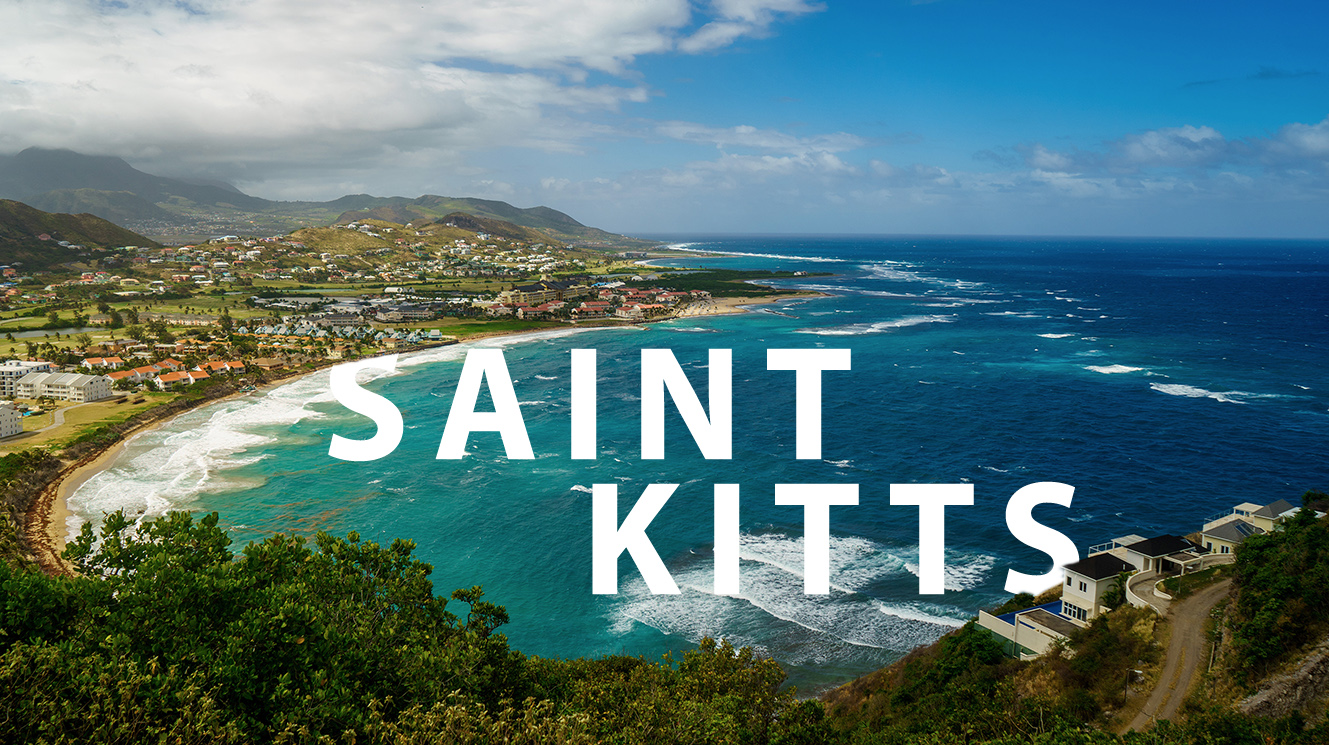
How Saint Kitts’ Economy Endured a Pandemic: CBI and Its Program Play a Major Role and Receive IMF’s Praise
After the latest Article IV Mission to
Saint Kitts & Nevis, the IMF released a concluding statement in which it
declared the delay of the economic catastrophe a result of stored CBI funds.
Thus, it comes as no surprise that the IMF incentivized the country to work on
stimulating CBI inflows.
On another note, the IMF also
concluded that, in the last year and a half, Saint Kitts & Nevis managed to
cope with the epidemic better than the majority of countries. Compared to the
ones located in the Western Hemisphere, the country recorded the weakest
per-capita case count in 2020 in addition to not registering any COVID-caused
death.
However, the pandemic did strike a
blow at the islands’ economy. The GDP witnessed a reduction in 12,5 % when
cruise ships ceased to arrive and stay-over tourism rates were almost
demolished. The IMF doesn’t expect the GDP’s depletion to stop there but rather
foresees a decline by another percent in 2021 before recuperating stability by
10% in 2022. With an elaborate recovery schedule and a dearth of COVID-related
obstructions, the Fund estimates that GDP levels could return to their initial
pre-pandemic state in 2024.
The organization made sure to also
focus on the country’s citizenship by investment program, which justifies why
the country did not endure a total economic collapse. The IMF explains: “St.
Kitts and Nevis entered the Covid-19 pandemic from a position of fiscal
strength following nearly a decade of budget surpluses. A significant part of
the large CBI revenues were prudently saved, reducing public debt to below the
regional debt target of 60 percent of GDP and supporting accumulation of large
government deposits.”
A
Time of Reform
Multiple years characterized by budget
surpluses due to CBI-receipts acted as a safeguard and granted Saint Kitts
& Nevis the ability to navigate through rough economic patches by applying
measures such as encouraging public investments, supporting the unemployed,
suspending loans, and establishing tax waivers.
Nonetheless, being forced to dabble
into the CBI-savings led to a reduction in the country’s fiscal buffer and
eventually to the first fiscal deficit in ten years (4.7% of GDP). Accordingly,
the IMF saw it necessary for the government to return to an accumulation
strategy as soon as the country enters a state of recovery in order to form
fiscal buffers. The Fund believes that these fiscal buffers are considered to
be a necessity in a country that is prone to natural disasters and volatile CBI
revenues.
For the purpose of expanding these
buffers, the IMF, which assumes that CBI-receipts could add up to 9% of GDP,
suggested that the Federation sustain an annul budget surplus of at least 2% of
GDP. This policy would “allow reducing public debt to around 40% of GDP and
rebuilding deposits to close to a quarter of GDP by the end of the decade,
which would provide a significant buffer against both macro-economic and
natural disaster shocks.” Even so, the attempts to reduce debt levels could be
slowed down considering that additional borrowing might be a necessity due to
unpredictable variations in CBI receipts and consequently unexpected revenues.
On a final note, the Fund put forward
reforms, such as employing the CIP to strengthen investment that stretches
beyond the tourism sector and to promote productivity and export activity. This
adjustment came into being after observing the causality between the increasing
levels of investment in the country during the last couple of years and the slower
growth in productivity.
Should you have any questions on St. Kitts & Nevis’ Citizenship by Investment Program please visit our program page or get in touch with a Global Pass Consultant.